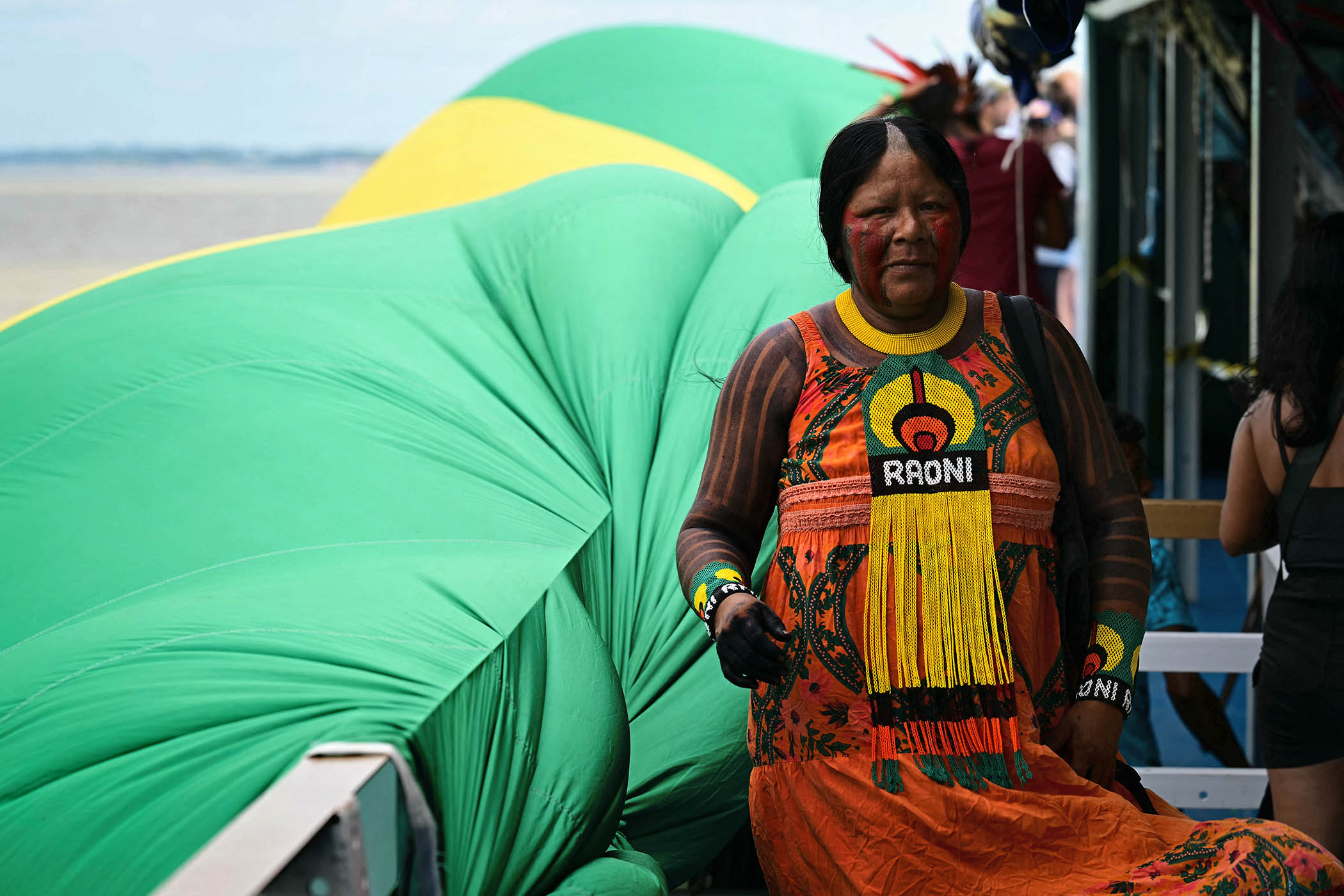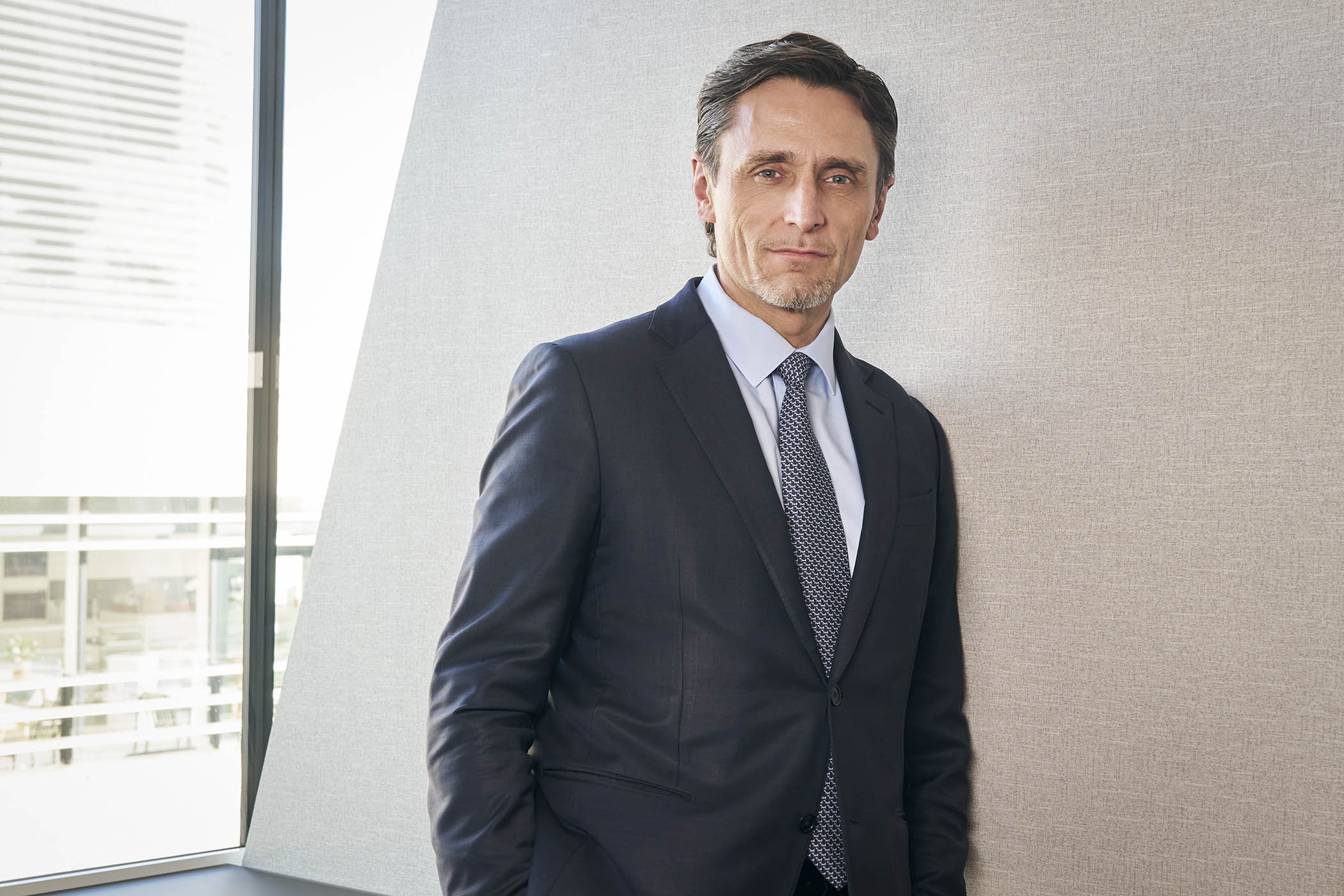The UN has predicted the first substantial drop in human-made greenhouse gas emissions since the Industrial Revolution.
So what? The world is still off-track. A significant fall is essential to maintaining a habitable planet for many countries. To keep the rise in global temperatures under 1.5C, emissions
•
need to fall by 60 per cent by 2035 compared with 2019 levels; but
•
are only anticipated to decrease by 12 per cent; and
•
will rise by 1 per cent this year to a record high.
Good and bad news. As the cost of wind and solar power falls, the UN climate chief Simon Stiell said the “brute power of market forces” has enabled renewables to overtake coal as the world’s largest source of electricity. But Professor Pierre Friedlingstein from the University of Exeter said staying below 1.5C is “no longer plausible” while CO2 emissions continue to rise.
Insult to injury. In China and India, the use of renewable energy is rising fast, which is helping to curb the rise in those countries’ emissions. But energy demand is growing too, partly because extreme temperatures are driving increased use of electricity for cooling.
Distant peaks. The International Energy Agency said on Wednesday that oil and gas demand could continue to grow until 2050, further away than expected. This is under a scenario that takes a conservative view of the speed at which clean energy tech is deployed.
Focused minds. The challenge in Belém, the Amazonian city where Cop is taking place, is to lay out a convincing pathway to reduce dependence on fossil fuels and bring about deep cuts in emissions. In a speech this week, Brazil’s President Lula spelled out that this would require
•
countries implementing their decarbonisation plans;
•
providing financing and technology transfer for developing countries to scale up renewables; and
•
focusing on the need to adapt to a hotter world, because above 1.5C extreme weather becomes increasingly frequent and hazardous.
In absentia. Negotiators have got down to work without the world’s biggest oil exporting nation. But while the White House has not sent a single official, the message from talks is that California has a foreign policy. Governor Gavin Newsom showed up at Cop and said dominating the clean energy industry was not about electric power, but “economic power”.
Local global. Aside from fossil fuels, one of the biggest causes of rising emissions is deforestation for agriculture and other changes of land use. Brazil hopes to win diplomatic and financial support at Cop for the Tropical Forest Forever Facility, which is meant to provide long-term finance to countries to steward their rainforests.
Bad omens. The UK and China have both declined to contribute and the Cop hosts are short of their initial $10 billion fundraising target.
Meeting reality. This week indigenous activists, some of them wearing feathered headdresses, forced their way into the conference centre where Cop talks are being held and scuffled with security guards near the entrance to the venue.
Do something. One protester described it as an uprising against exploration for oil, minerals and logging in indigenous lands. “We don’t eat money,” he said. “We want our territory free”.
What’s more… For most of the world’s history, the people in feathered headdresses have been in retreat against those with chainsaws and guns. These days could be numbered.
Photograph by Pablo Porciuncula/AFP via Getty Images.



